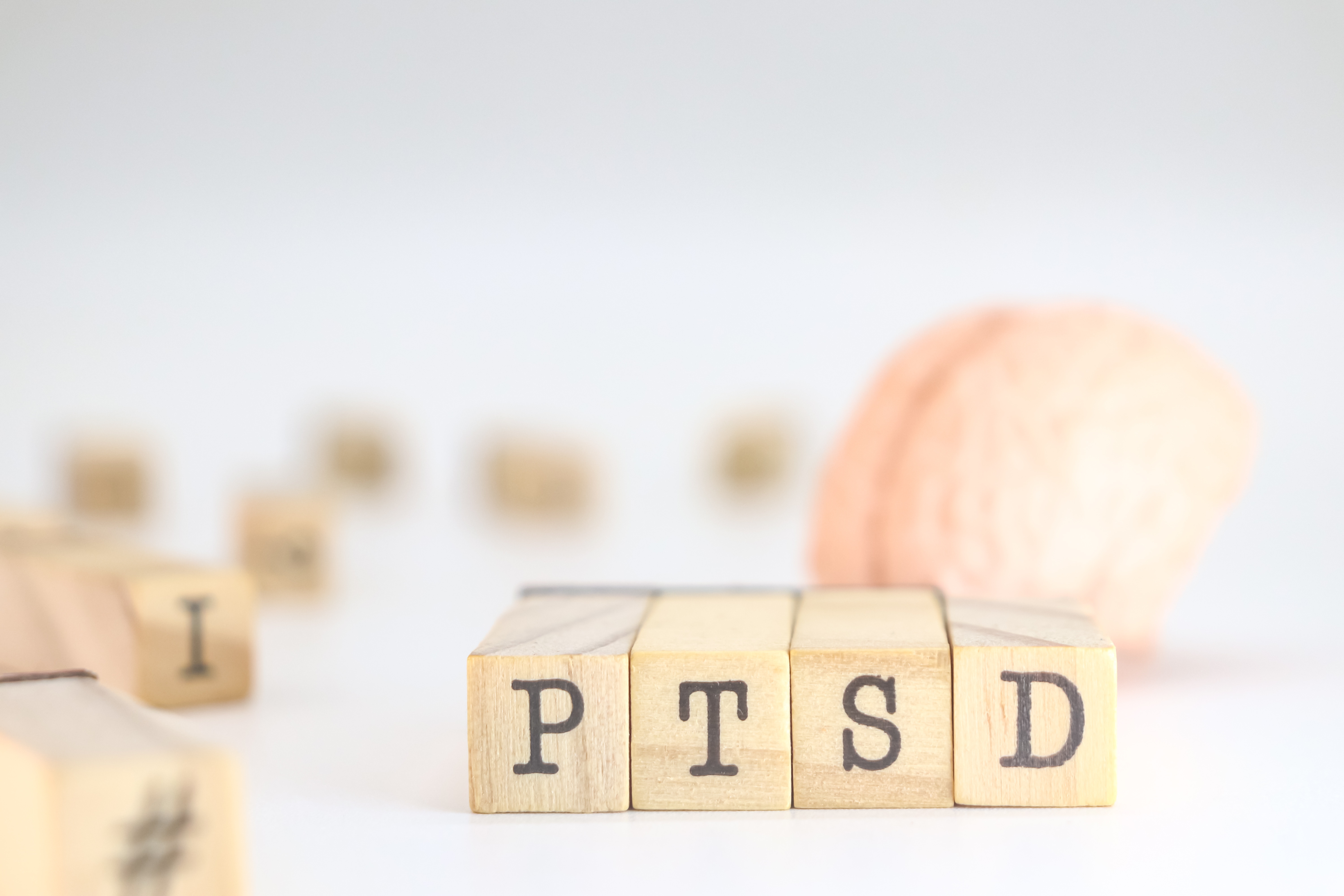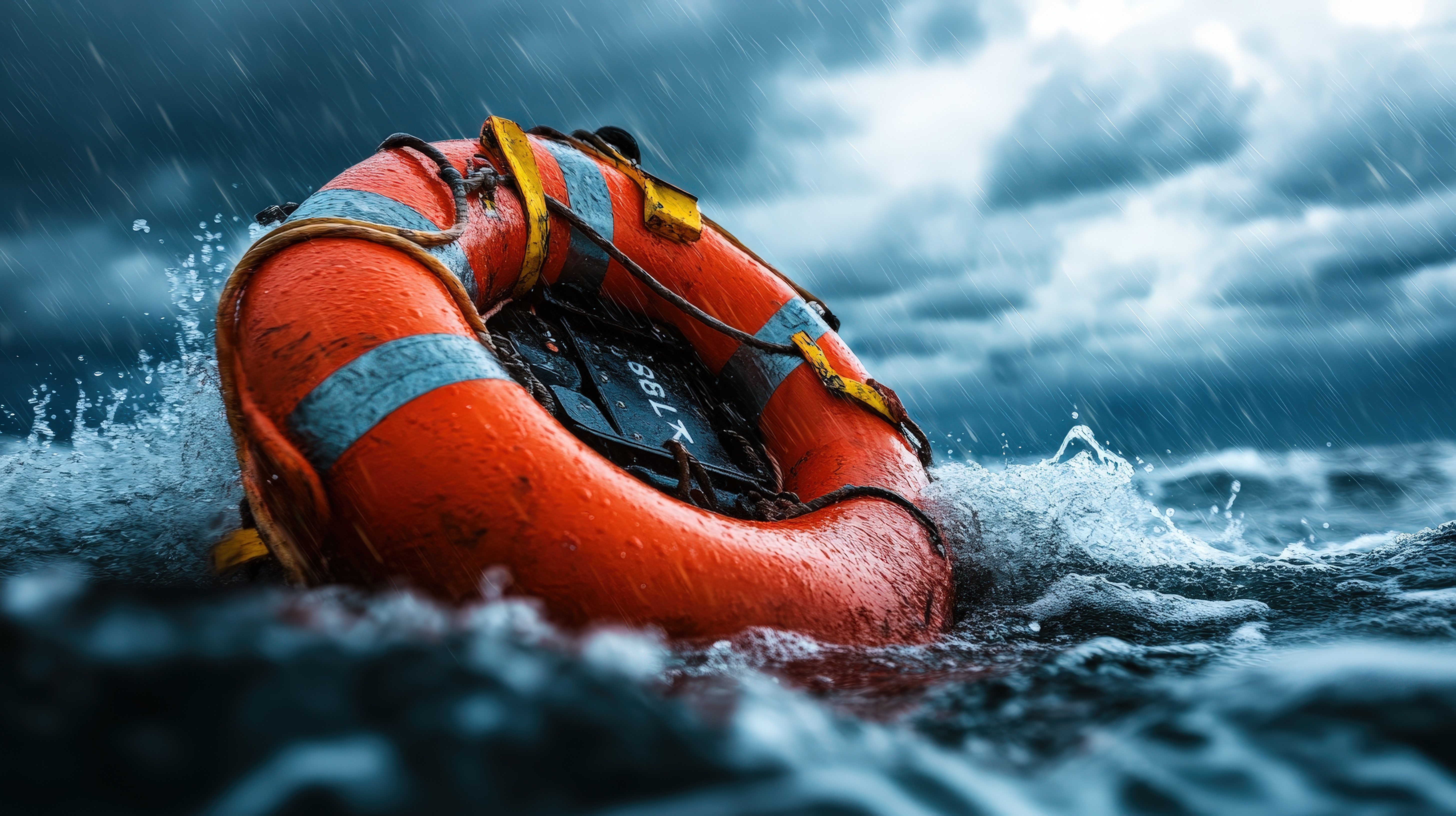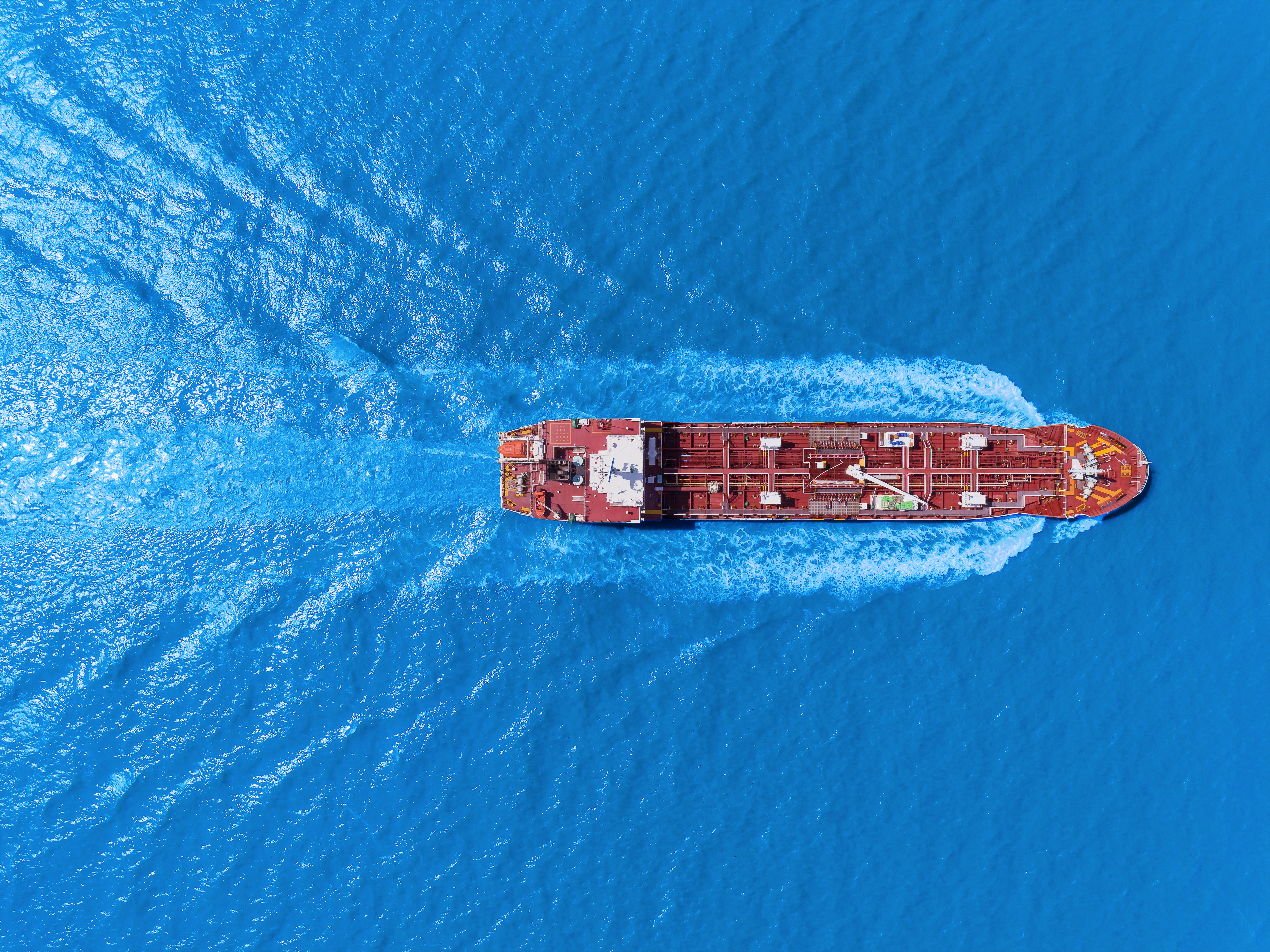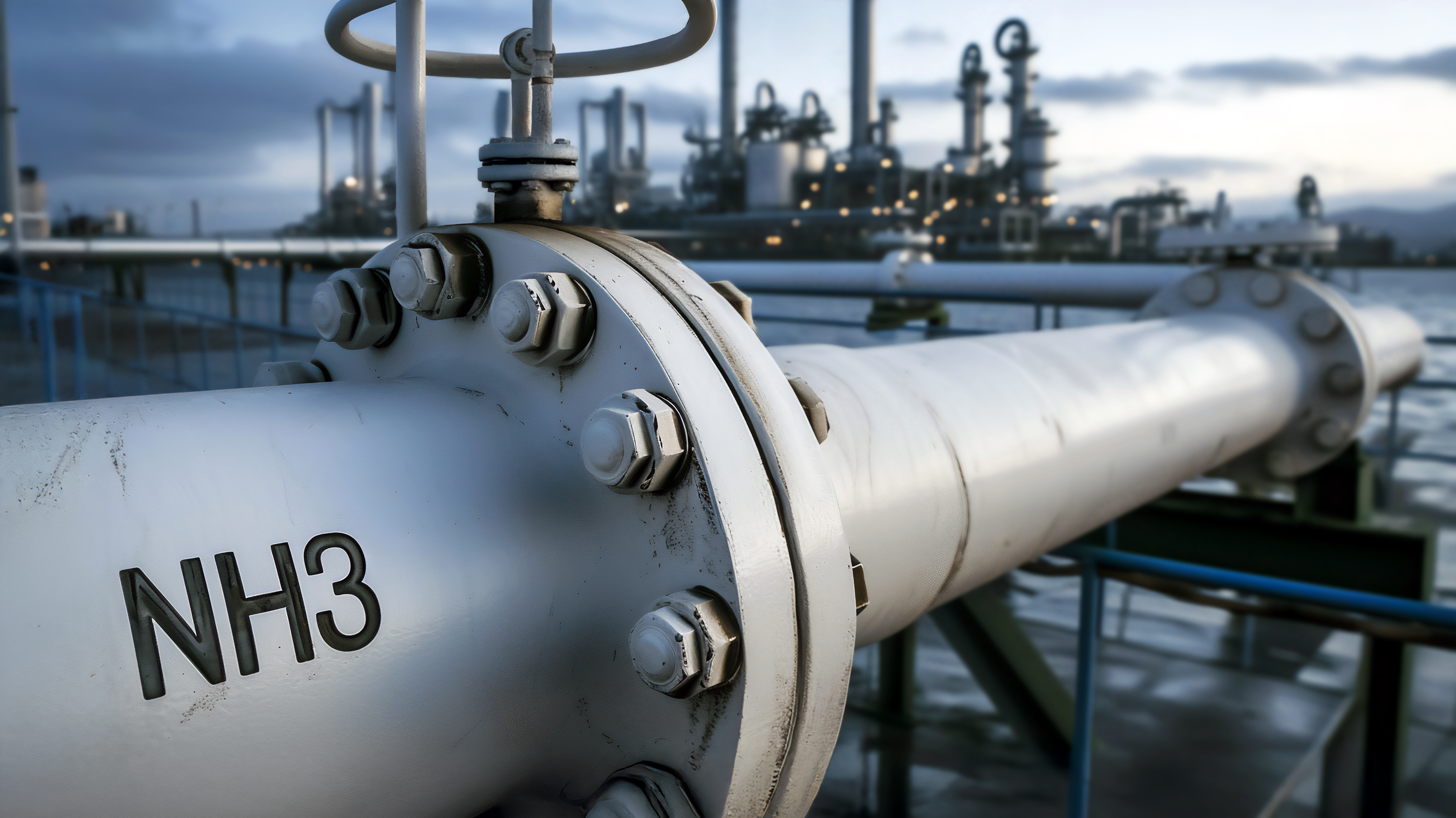When an accident involving a ship occurs, there are immediately questions concerning who is responsible and investigations inevitably target all stakeholders associated with the ships involved. This article examines what can be done and the role of P&I Clubs in such scenarios.
Every company has social responsibilities
When an accident involving a ship occurs, there are immediately questions concerning who is responsible. Accident investigations inevitably target all stakeholders associated with the ship that caused the accident.
Responsibilities concerning these accidents can be legal, social, financial or span all these categories. Legal responsibilities are obligations prescribed by laws and regulations for the operation and management of the ship. Examples of these stakeholders are the crew, owner, management company, bareboat charter company and others involved with the ship’s operation. Social responsibilities are associated with other organisations. In recent years, investigations have often focused on the responsibility of the ship operator and/ or charterer following an accident.
Many people believe that issues concerning the social responsibilities (all responsibilities other than legal ones) of organisations have been settled more than 20 years ago. Corporate social responsibility (CSR) has become a well-known concept in Japan and all companies have thoroughly examined the activities required in order to fulfill these responsibilities. In addition, the International Safety Management Code (responsibility for both ship and shore) and ISO9001 (customer satisfaction) provide guidelines for these actions in the shipping industry. Ultimately, the core concept of CSR is that “society determines whether or not a company can survive.” Social responsibility is currently a critical standard for the behaviour of companies in Japan. When an incident with social ramifications happens, a large company associated with the incident is often blamed by the public even when the company has no direct legal responsibility. Furthermore, CSR also encompasses sustainability, a theme that is closely linked to the Sustainable Development Goals (SDGs).
In other words, organisations unable to fulfill their social responsibilities could even be forced by the public to shut down.
The goals of all organisations
In the marine transport industry, many stakeholders are involved with the operation of ships and a large percentage of these stakeholders have a contractual involvement. For example, a stakeholder may have a contract with the ship’s owner (or ship management company). The terms of the contract may result in legal and social responsibilities, although the level of these responsibilities will differ depending on the nature of the contract. Due to the existence of social responsibilities, the capabilities of the company that signed the contract must be known. Today, cost can no longer be used as the primary reason for the selection of a particular company.
Discussions about social responsibilities following a ship accident, as well as the scope and assumption of those responsibilities, differ depending on the terms of the contract. This is a significant problem for all companies. In this paper, this subject is not covered because conclusions rely on the judgments of the individual companies and other organisations involved.
The ultimate objectives of all marine transportation stakeholders are the safety of the persons onboard, the protection of the environment, the safe operation of the ship and the safety of the cargo carried. Consequently, the fulfillment of social responsibilities by every stakeholder contributes to the safe operation of a ship and, in turn, to a favourable reputation for the organisation involved.
What needs to be done?
As just explained, all stakeholders are linked to some extent to responsibilities concerning a ship accident. But what is the positioning of these stakeholders during normal operation of a ship with regard to safe navigation and preventing an accident?
Companies that operate and/ or (bare board) charter ships generally have their own stances regarding activities concerning stakeholders (such as a ship’s crew, the owner and the management company). Examples of these activities are the provision of information about technologies and safety, audits (ship inspections) and advice concerning ships and management companies (owners), and risk assessments.
None of these activities are restricted by laws and regulations and all are essentially voluntary actions by the operator of the ship. As a result, the understanding of the ship management company and/or Owner and charterer is required. Maintaining sound daily communications between ship operators (owners) and stakeholders is essential for performing these actions. Activities concerning stakeholders have significant benefits from the standpoint of ship management companies too. For example, these companies can gain access to information that cannot be obtained on their own, and learn about the status of their ships from the perspective of a third party. Skillfully using this information can improve the performance of a company’s ships.
A company that operates ships is expected to fulfill its social responsibilities. Therefore, as one means of protecting itself, a ship operating company needs to thoroughly examine the performance and other characteristics of companies with which it establishes contractual agreements before signing a contract. As ships become larger and environmental problems more serious, losses and damage caused by ship accidents are likely to increase. In this environment, a growing number of shipping companies will probably place emphasis on maintaining strong lines of communication with their stakeholders, such as Classification Societies, Flag Administrations, Maritime Organisations, Local States, charterers etc.
The role of P&I Clubs
P&I clubs are also one of the stakeholders of the marine transportation industry. These clubs are established to provide insurance for any liabilities towards 3rd parties deriving from any Members’ wrong- doing (and insured against perils), i.e. cargo shortage, injury, collision, pollution, etc. Such Clubs are Associations and are not profit oriented. In addition, these clubs have another very important mission: support for the accident prevention measures of ship owners. Providing this support helps minimise the losses of all stakeholders, thereby contributing to environmental protection and the safe and responsible operation of ships. To conduct these activities, every P&I club has a loss prevention department. In accordance with contracts, these loss prevention activities do not entail measures that directly involve ship owners (management companies). Supplying a variety of information through various mediums such as interactive short-form videos, webinars, detailed publications, and attending crew seminars is the primary way that the clubs work on preventing accidents. Additionally, P&I clubs perform ship condition surveys and utilise their respective skills to conduct risk assessments, training for crew members and owners (management companies), and other services when requested by ship owners. As one of the marine transport stakeholders, P&I clubs must use these activities in order to play a role in accomplishing the common objective of safe navigation.
As can be seen on the websites of the P&I clubs, these clubs are a source of information about the operation of ships, accidents (including lessons for preventing accidents) and other valuable information. Shipping companies and ship owners should use this information as much as possible for navigation safety, life (onboard injury avoidance and seafarers’ health via the various PEME programmes) and the environment.
A university in Japan held a lecture titled An Overview of Ship Management. This event ended with the following statement.
“Ship management entails providing the greatest possible support to ships.”
All stakeholders for the operation of ships should embrace this spirit and replace the words “ship management” with the names of their own companies, organisations or business sectors.
This is because the protagonist and the front line of the shipping is the "ship" (crew).





